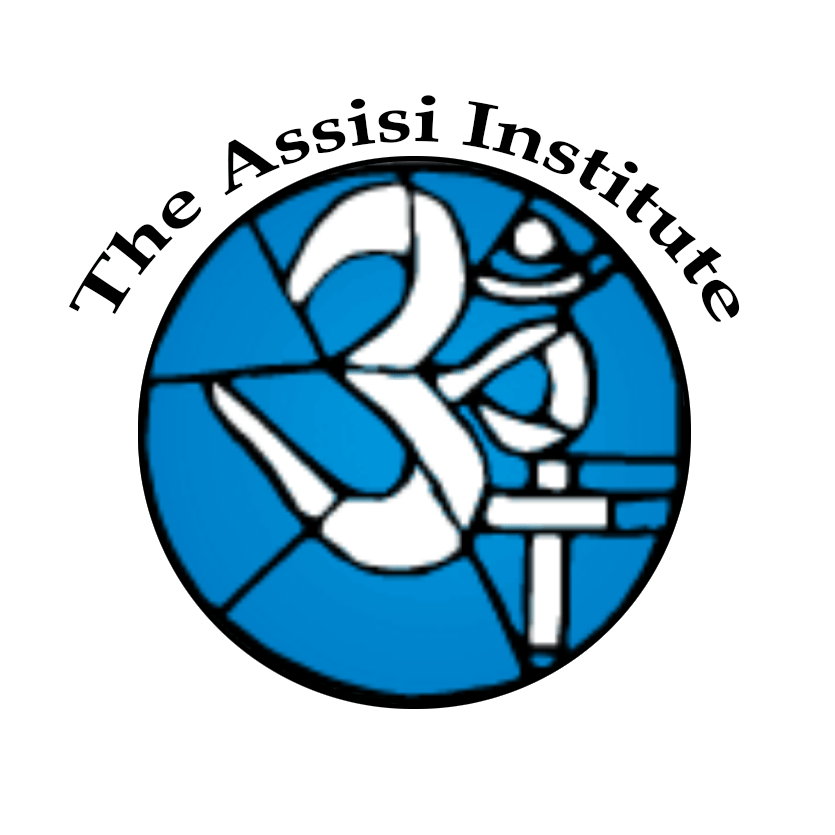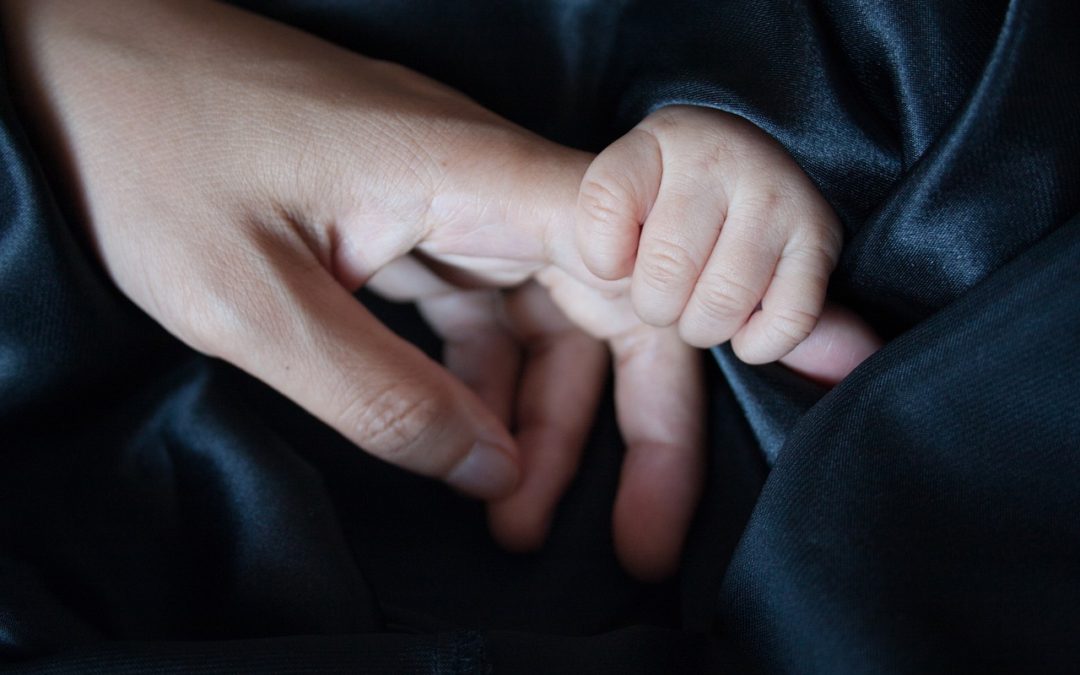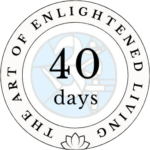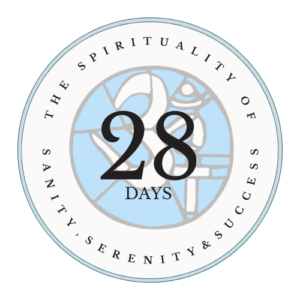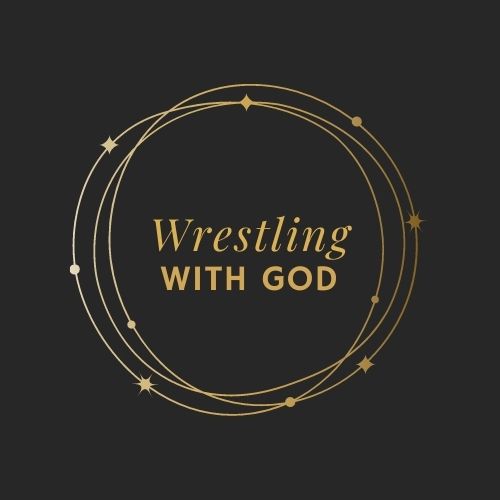The great psychologist Carl Jung develops a theme around marriage that I very much appreciate: people cannot experience the depth and richness of marriage unless they are all in. This is true not only of marital love, but love in general. In authentic love there is no holding back. Once we hedge our bets, we have stepped out of the river of love; either we love or we don’t. We can need somebody too much in a codependent way or be over involved in another person’s life, but we can never love too much because love is God. Love always brings about the best possible outcome for everyone involved. In today’s Gospel from Mark 12:28-34, Jesus challenges us to be “all in” relative to our love for God and others.
One of the scribes came to Jesus and asked him, “Which is the first of all the commandments?”
Jesus replied, “The first is this: ‘Hear, O Israel! The Lord our God is Lord alone! You shall love the Lord your God with all your heart, with all your soul, with all your mind, and with all your strength.’ The second is this: ‘You shall love your neighbor as yourself.’ There is no other commandment greater than these.”
The scribe said to him, “Well said, teacher. You are right in saying, ‘He is One and there is no other than he.’ And to love him with all your heart, with all your understanding, with all your strength, and to love your neighbor as yourself is worth more than all burnt offerings and sacrifices.”
And when Jesus saw that he answered with understanding, he said to him, “You are not far from the kingdom of God.” And no one dared to ask him any more questions.
God is all in when it comes to us, because God loves us. Our existence and life is a participation in God’s existence and life. Our consciousness and intelligence is a participation in God’s consciousness and intelligence. Our experience of love and bliss is a participation in God’s love and bliss. All that God is has been given to us. However, we can receive God’s love only to the extent that we are all in. Love is nothing other than the purity of God Consciousness. The problem is that our love lacks consistent purity. We all have moments wherein we love in a pure way, aspiring to joyfully serve the highest good of the other person. Then, fear, desire, or manipulation creeps into our hearts, and both purity and love necessarily disappear.
The spiritual life is all about learning to love in a chaste way. When we meditate, for example, the silence quiets our desires, wounds, fears, stories, and ideologies. What remains is our true nature, which is love. The historical task of the moment is this: to resurrect love. My prayer for the Assisi Institute is that we become such a place of purity that we emanate love. Such a community will become the pilgrimage destination of the future. Yogananda tells us, “The relationship that exists between friends is the grandest of human loves. Friendly love is pure, because it is without compulsion. … Such pure friendship has existed between saints and others who truly love God. If you once know divine love, you will never part with it, for there is nothing else like it in the whole universe.”
Divine Mother,
Beloved Guru,
I am all in.
